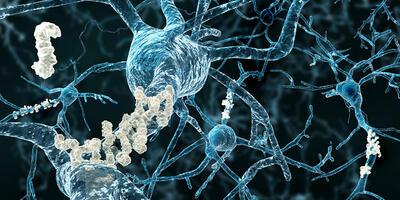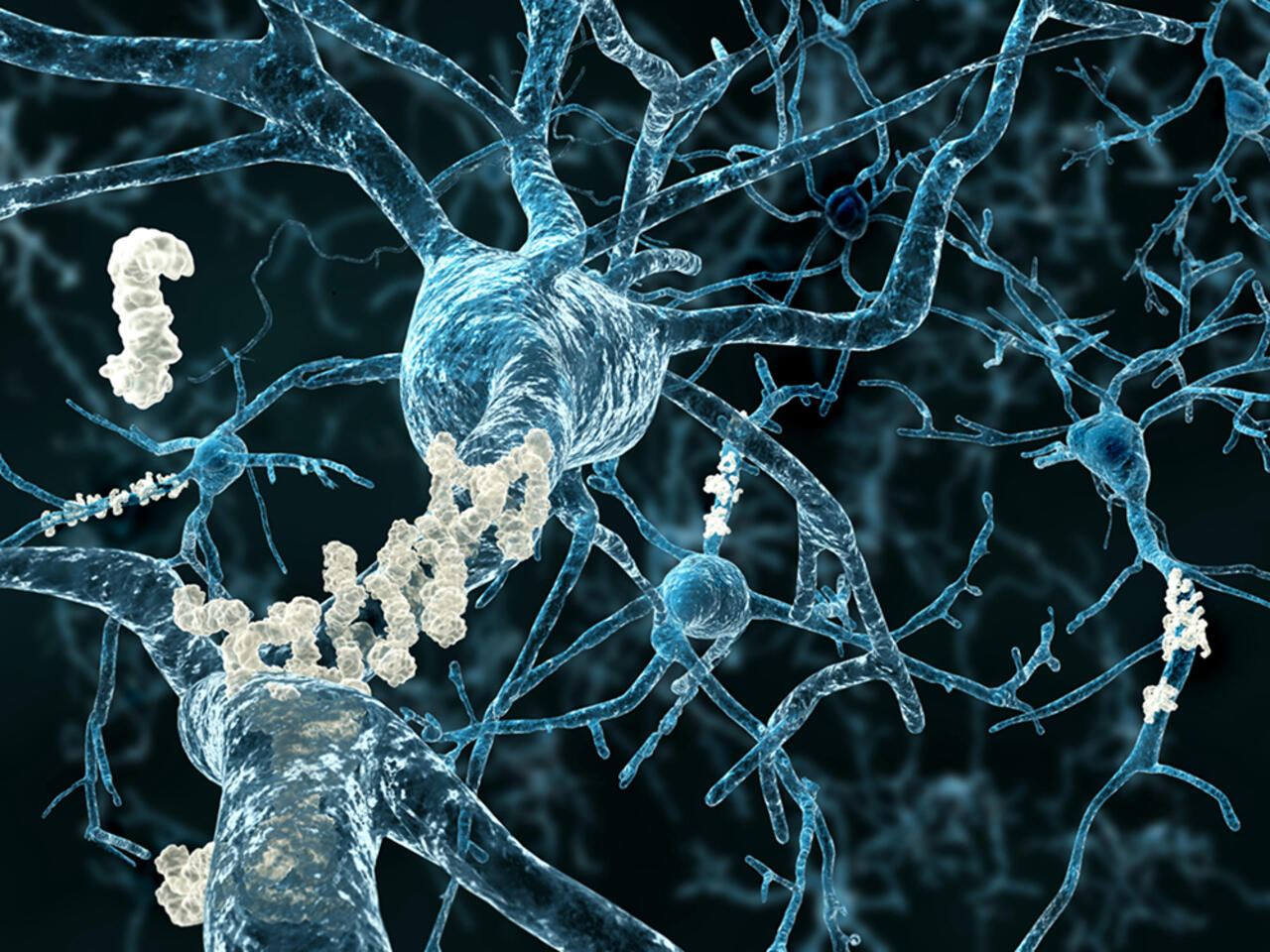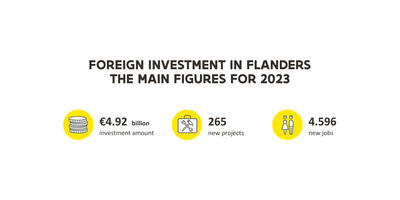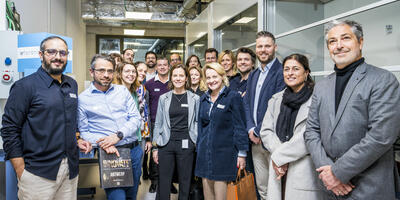
How scientists from Flanders fight dementia with data

'Prisma' to the rescue
One of Mission Lucidity’s projects is to build a data and knowledge platform that accelerates the fight against Alzheimer’s and makes it more focused. How? Through collaboration with tech companies from Flanders. Going by the name of Prisma, the project received a capital injection of EUR 4.5 million from Flanders Innovation & Entrepreneurship at the beginning of 2020. “We aim to map the genetic risks of Alzheimer’s disease in detail based on patient data,” explains Elsa Lauwers, a senior research manager at Flanders’ strategic research VIB who is closely involved in the development of Mission Lucidity.
Recent data indicates that around 60 to 80% of the risk of developing the disease is genetically determined. That’s much higher than previously thought. Much of that risk, however, appears to come from genes that are related to the immune system, but further research is required to make sure. That’s why the Prisma project is building a database to map the link between genetic profiles and the manifestation of the disease. This daunting task was entrusted to ONTOFORCE, a data specialist from Ghent (Flanders), known as the ‘Google of Pharma’, which recently also launched a special version of its knowledge discovery platform to help researchers, scientists, healthcare providers and citizens manage the COVID-19 information stream.
“We know that some genes play a role in Alzheimer’s disease, but in an indirect way. We therefore need to gain more insight into the underlying causal relationships,” comments ONTOFORCE’s scientific director Filip Pattyn. “The aim of the project is to achieve a risk score system, through which we can indicate whether a person has a low or high risk of developing Alzheimer’s disease based on their genome – i.e. their genetic ‘map’ – and immune parameters in their blood.”
More affordable medicines
“The database can also contribute to the development of therapies and medicines,” Lauwers adds. “Today, medicines are tested on a wide variety of groups. Based on the knowledge and knowhow we acquire through the Prisma project, we will divide patients into subgroups with similar profiles, so that medicines can be more focused on these specific subgroups. This could also lead to shorter development times and more affordable medicines.”
The platform is fed with patient data from the Leuven University Hospital. ONTOFORCE hopes to have a first version ready in 2021. “The project also innovates in how it communicates with patients. For example, we developed an app that makes it possible to interact with study participants and their informal caregivers – for example to double-check or add information, or to check their personal status in the study,” says Pattyn.
At a turning point
Lauwers is hopeful that in 10 to 20 years, partly thanks to the knowledge gained in Flanders, it will become possible to diagnose Alzheimer’s at a very early stage and that there will be treatments to slow the disease down sufficiently. “Research into Alzheimer’s is at a turning point,” she concludes. “There is now a lot of new technology available that we didn’t even dare to dream of 3 to 5 years ago, and there is an ambitious research agenda with clear priorities.”


